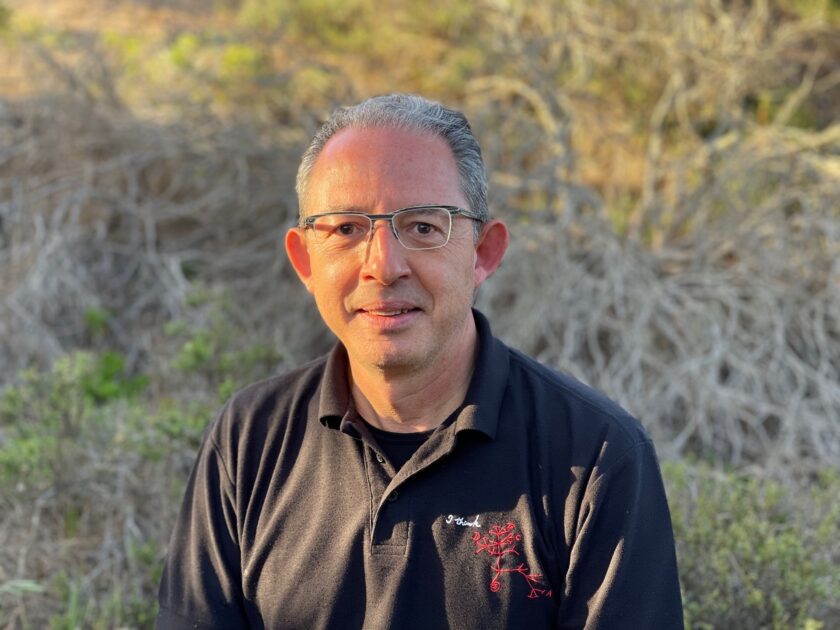Networking. Build a network of mentors and colleagues who can candidly advise you. Make sure that your network includes people at various career stages. Ask them the questions that are raised here. Seek their feedback on your choices and then draw your own conclusions from what they tell you. The best PhD students have an analytical mind. Think of this as the first step of your doctoral work.
Topic. Identify a general research topic that inspires you. A PhD is a long adventure. You want to wake up in the morning and be inspired by your project and excited to go to the lab.
Dreams. Pick a research topic that keeps you up at night and makes you dream, or daydream. If no science topic makes you dream, then perhaps you should consider other options than doing a PhD. Scientific research is quite a unique endeavor, and it takes a resilient and patient attitude. In my view, especially here in the UK, too many students start their PhD before having truly experienced what it takes to do scientific research. I advise a few internships or work experiences to build up confidence and get to know your strengths and weaknesses before starting the PhD. Otherwise, the first year or two of the PhD can be overly taxing.
Flexibilty. Do not get too specific with the research topic. The key to a successful PhD is a good balance between an inspiring project and a good fit with your supervisor and lab mates. If you aim at a career in research, you’ll have plenty of time to change directions later on. Many, if not the majority of research scientists end up working on topics different from their thesis topics.
Research. Once you identify a lab you like, do your homework. Do you like what they publish? Do you like the general vibe of the lab? Is this an interactive team-spirited lab? What about the extracurricular stuff. Do they sci-comm? Do they network? Does the lab have a presence on social media?
Alumni. Where are the lab alumni now? Have they moved on to successful careers. Are those the career paths that you aspire to. The lab’s track record are hard facts that should help guide your decision.
Visit. Make sure to visit the lab before making any final decisions. Talk to the students and postdocs who work there. Ask around about the lab and may be even seek out alumni for their perspectives. Has the PI facilitated their career development? How do they rate their experience? What went well, and what didn’t?
PubPeer. Check the lab on PubPeer.com. Reputations matter.
GlamLabs. Don’t get charmed by big labs with big papers and big bucks. A good PhD supervisor is first of all a caring mentor who contributes to the overall development of their students beyond lab work. Sadly, in biology, many PIs treat their students and postdocs as just a pair of hands with mentoring being viewed as an afterthought if anything. Avoid such labs even if they are productive.
Momentum. Be aware that PI careers evolve and not necessarily in the best direction. A lab that may have been an amazing environment at one point may not be so at this particular moment. As PIs get more established, their management style and their involvement in the laboratory’s affairs may change, and not always for the best. Influential students and postdocs move on to their own careers. Try to get a sense of the lab momentum and take that into account when making a decision.
Rotation. If you’re unsure which direction to go or which lab to join, consider joining a rotation program. That way you get to experience multiple labs and styles before making a final decision. PhD programs with a first year rotation should really be more common and also enable you to directly experience different laboratory and research styles, as well as diversify your technical skillset.
Switch. Be aware that if things don’t work out for a reason or another after you join a given lab, you can simply quit and move on. There is nothing dramatic nor negative into switching labs after you start a PhD (or postdoc for that matter). Better move on than get bogged down in a difficult or even toxic situation. I know many scientists who have done just that and went on to have great careers. That may not have happened if they didn’t act and switched labs in a timely fashion.
Addendum. There was much excellent feedback and suggestions on the first version of this essay. Please check the Twitter thread and the Comments for more advice.
Also, these are additional resources on the topic:
David Martin @bioinformagic more bioinformatics/computational biology oriented post “Trapping a pet bioinformatician for the lab.”
Amelie Stein @_amelie_rocks insights into choosing a supervisor.
As several tweeps pointed out, the above also applies to postdocs. Ubadah Sabbagh @neubadah wrote a guide for finding, applying for, and choosing a postdoc.

